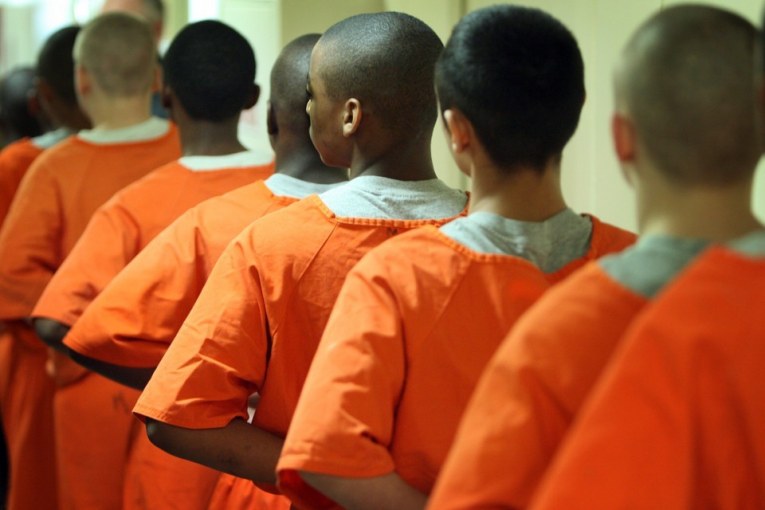
WASHINGTON, DC — Thousands of youth and emerging adults being “left behind” despite a wave of reforms across America that reduce the use of juvenile life without parole (JLWOP) sentences, Still Cruel and Unusual: Extreme Sentences for Youth and Emerging Adults, a new report by The Sentencing Project has revealed.
Ashley Nellis and Devyn Brown, in the report, argue for extending the sentencing relief available in JLWOP cases to those serving other forms of life imprisonment for crimes committed in their youth, especially when there has been legal precedent with the Supreme Court in establishing less culpability and deterring LWOP sentences for youth, according to Graham v. Florida (2010), Miller v. Alabama (2012), and Montgomery v. Louisiana (2016).
The Sentencing Project said youth sentence changes should align with neurobiological research and encompass all forms of life imprisonment and extreme sentences,” Nellis and Brown write.
Youth and emerging adults who committed crimes during adolescence should receive a sentence review within the first 10 years, with a rebuttable presumption of release after 15 years,” they recommend.
“This recommendation stems from decades of observing the ineffectiveness of severe punishments, as social science consistently shows that extreme penalties offer little public safety benefit,” the report notes.
The report explained Supreme Court’s rulings propelled a growing number of states to ban JLWOP sentences altogether, reflecting a significant shift in precedent and interpretation of the Eighth Amendment’s protection against cruel and unusual punishments.
Yet, it called to attention how disparaged communities continue to suffer JLWOP sentences, the authors write.
“This progress is remarkable, yet thousands more who have been sentenced to similarly extreme punishments as youth have not been awarded the same opportunity,” reported Nellis and Brown.
“Our analysis shows that in 2020, prisons held over 8,600 people sentenced for crimes committed when they were under 18 who were serving either life with the possibility of parole (LWP) or ‘virtual’ life sentences of 50 years or longer,” the report argues.
In 2020, The Sentencing Project said it discovered more than 8,600 people were serving either life with the possibility of parole (LWP) or “virtual” life sentences of 50 years or longer for crimes committed as minors.
According to the report, California (2,358), Georgia (900), Texas (1,081), and New York (461) are holding the largest number of youth sentenced to LWP or virtual life sentences.
“Combined, these four states accounted for over half the total population of people sentenced as youth to parole-eligible life or virtual life sentences. In Georgia, children as young as 14 when they were charged are among the state’s 900 individuals serving these life sentences,” revealed Nellis and Brown. “In this state, a mandatory minimum of 30 years is required in most cases before one’s initial parole consideration.”
In Georgia and Wisconsin, the report cited 10 percent or more of the entire life-sentenced population were under 18 at the time of their crime, and nearly two in five people sentenced to life without parole (LWOP) were 25 or younger at the time of their crime.
In Alabama, Georgia, Louisiana, Maryland and Mississippi, at least 80 percent of people serving these sentences are Black, the report added.
Table statistics from the report depict data of Black and young producing a substantially larger share of LWOP sentences than being Black alone: two-thirds of emerging adults sentenced to LWOP were Black.
The Sentencing Project acknowledged reforms have been made and will continue to be made for the youth and emerging adulthood, detailing the most recent legal developments in Illinois, Massachusetts, California, Washington and Michigan to push back against “cruel and unusual punishment” and enforce the 8th Amendment.
“As awareness of the diminished psychological capacity of emerging adults increases, more than a dozen states have introduced or implemented reforms to protect emerging adults from some punishments that would be unduly harsh given their stage of development,” stated Nellis and Brown.
“These emerging adults, too, deserve a meaningful opportunity for a second look,” advocated The Sentencing Project, adding, “As states implement policies to eliminate LWOP for juveniles, they must provide a second look for all youth, not just some.”